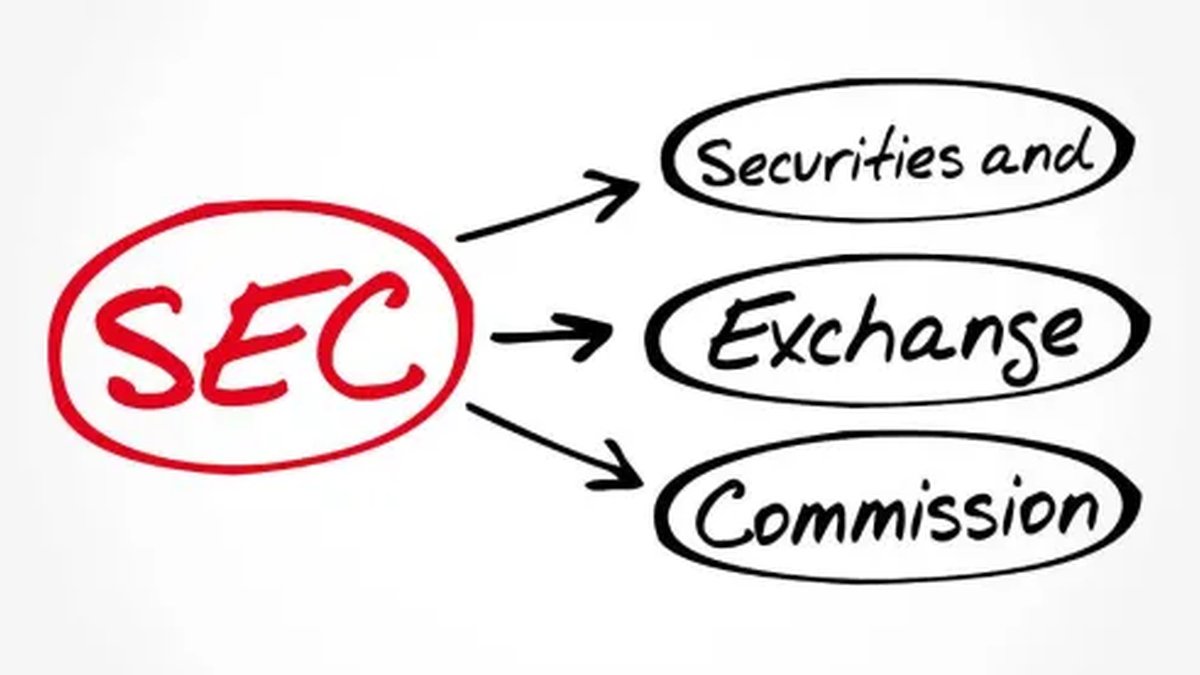What the SEC’s Crackdown Means for Exchanges in 2025
2025-09-09

What the SEC’s Crackdown Means for Exchanges in 2025
In 2025, the U.S. Securities and Exchange Commission (SEC) intensified its oversight of cryptocurrency exchanges, reshaping the digital asset landscape. This crackdown has sweeping implications—not just for exchanges, but also for investors, token projects, and the future of global financial markets. By tightening enforcement, the SEC aims to protect investors, combat fraud, and ensure compliance with securities laws. Yet, these measures also introduce challenges around innovation, competitiveness, and decentralization. This article explores the context, consequences, and future outlook of this regulatory shift.
Why the SEC is Cracking Down
For years, crypto exchanges operated in regulatory gray zones, offering trading services without the stringent compliance demanded of traditional financial institutions. However, a series of scandals—ranging from exchange collapses to mismanagement of customer funds—brought urgent attention to investor risks. The SEC’s crackdown in 2025 reflects three central goals:
- Investor Protection: Ensuring that exchanges safeguard customer assets and provide accurate disclosures.
- Market Integrity: Preventing practices such as wash trading, insider trading, and artificial price manipulation.
- Legal Clarity: Enforcing securities laws on tokens that meet the definition of securities under the Howey Test.
Key Areas of Enforcement
Exchange Registration
The SEC now requires most crypto exchanges serving U.S. investors to register as national securities exchanges or broker-dealers. Non-compliant platforms face fines, lawsuits, or outright bans. This forces exchanges to meet disclosure, auditing, and transparency standards comparable to stock exchanges like NASDAQ.
Custody Rules
To prevent another wave of insolvencies, the SEC mandates that customer assets be stored with qualified custodians. This ensures segregation of client funds, reducing risks of misuse or bankruptcy-related losses.
Stablecoin Oversight
Stablecoins, widely used for trading pairs, are now under closer scrutiny. Issuers must provide audited reserves and comply with disclosure requirements, reducing risks of depegging events that destabilize markets.
Impact on Crypto Exchanges
Operational Costs
Compliance comes at a price. Legal reviews, audits, and licensing raise operational costs, which may drive smaller exchanges out of the market or force consolidation. Larger players with strong capital reserves are better positioned to adapt.
Market Accessibility
While compliant exchanges now enjoy greater credibility, retail investors may face fewer choices. Some platforms restrict access to U.S. users altogether, creating a divide between domestic and offshore markets.
Innovation Constraints
New token listings and DeFi integrations face stricter vetting. Although this reduces scams, it also slows down the pace of experimentation and limits access to emerging projects.
Investor Implications
- Increased Safety: Investors benefit from stricter custody and disclosure standards, lowering risks of losing funds to mismanagement.
- Reduced Variety: Fewer available tokens and exchanges could limit opportunities for high-risk, high-reward plays.
- Institutional Adoption: The crackdown fosters confidence among large institutions, potentially leading to broader adoption of regulated platforms.
Global Ripple Effects
The SEC’s stance influences regulators worldwide. Other countries are now aligning policies to avoid being seen as safe havens for non-compliant exchanges. Europe’s MiCA framework and Asia’s evolving crypto laws mirror similar themes: accountability, transparency, and investor safety. This convergence suggests a gradual standardization of global crypto regulation.
Comparisons with Other Models
Canada and the EU had already implemented licensing regimes for exchanges, offering early lessons. The U.S. approach, however, carries greater global impact given its financial dominance. By enforcing strict registration, the SEC sets a precedent that other regulators may follow or adapt.
Risks and Trade-Offs
Overcentralization
As regulations favor well-capitalized entities, power may consolidate in a handful of compliant mega-exchanges. This centralization contradicts crypto’s ethos of decentralization and may reduce competition.
Flight to Offshore Markets
Some users may migrate to decentralized exchanges (DEXs) or offshore platforms outside SEC jurisdiction. While this preserves access, it also exposes investors to unregulated risks.
Innovation Exodus
Startups may relocate to more permissive jurisdictions, slowing down U.S.-based blockchain innovation. Policymakers must balance investor protection with fostering a competitive ecosystem.
Outlook for 2025 and Beyond
Short-Term Consequences
In the immediate term, expect heightened volatility as exchanges adjust to compliance demands. Delistings, reduced token offerings, and rising transaction fees may frustrate retail traders. However, institutional inflows may offset these disruptions, fueling long-term growth.
Long-Term Vision
Looking ahead, compliant exchanges could evolve into trusted financial hubs, bridging crypto with traditional finance. Integrated custody, regulated derivatives, and tokenized securities may create entirely new asset classes. Over time, exchanges that embrace compliance may emerge stronger, setting the foundation for a more stable and mature industry.
Conclusion
The SEC’s crackdown in 2025 signals the end of the “Wild West” era for crypto exchanges. While the new regime imposes costs and constraints, it also enhances investor protection, fosters institutional confidence, and aligns the U.S. with global regulatory trends. For investors and projects alike, adaptation will be key: those who embrace compliance may thrive, while others risk being left behind in an increasingly regulated landscape.
Further Reading and Resources
Altcoins | Fidelity Crypto | Crypto Exchanges
Frequently Asked Questions
Why is the SEC cracking down on exchanges? To protect investors, ensure market integrity, and enforce securities laws on token offerings that qualify as securities.
How does this affect retail investors? Investors benefit from stronger protections but may face fewer token choices and higher fees.
Will this drive exchanges offshore? Some platforms may block U.S. users, but compliant exchanges will likely dominate the domestic market.
Does this harm innovation? While stricter rules may slow experimentation, they also build a more stable foundation for long-term growth.